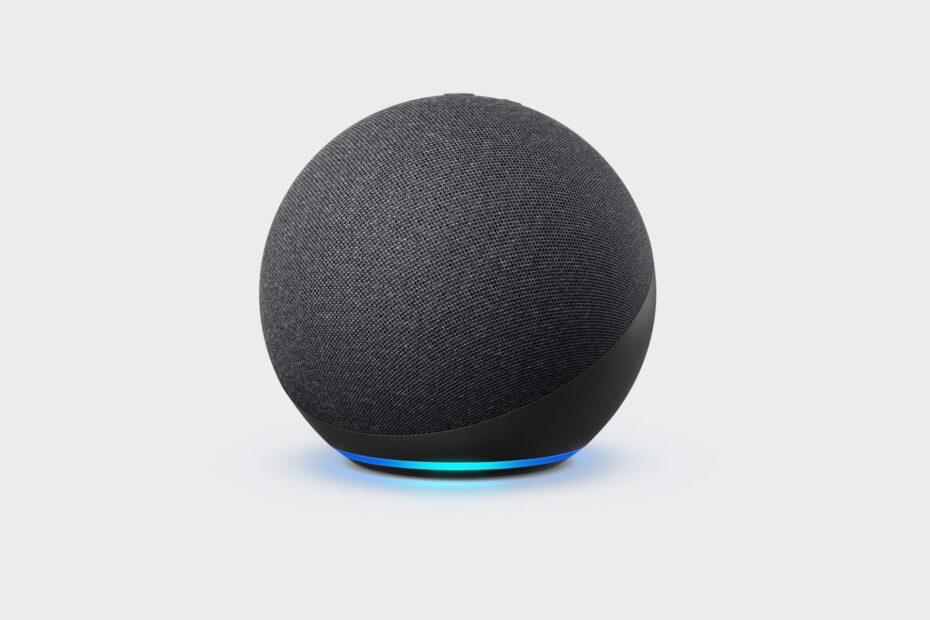Did you know that Alexa Echo has a built-in transmitter, that can relay what it hears in a mesh system to other devices within half a mile, ensuring that everything you say, will end up on the Amazon servers?
When you invite a digital voice assistant like Amazon Alexa into your home, you’re inviting a device that records and stores things you say, which will be analysed by a computer, and maybe by a human. You won’t always know what happens with those recordings.
After all, an Alexa speaker, like the Echo or Dot, is an always-on listening device. Although it’s designed to listen only when called upon, sometimes it doesn’t play by its own rules. And sometimes it (as well as Amazon) behaves in ways that would justifiably make anyone worry about their privacy and security, as illustrated in a recent story in The Sun that claims Alexa may be privy to your intimate moments.
Alexa is studying you
The fact is that your Echo, Dot, or Show is always eavesdropping. This is and isn’t as creepy as it sounds. Although it’s true that the device can hear everything you say within range of its far-field microphones, it is listening for its wake word before it actually starts recording anything (“Alexa” is the default, but you can change it to “Echo,” “Amazon,” or “computer”). Once it hears that, everything in the following few seconds is perceived to be a command or a request, and it’s sent up to Amazon’s cloud computers, where the correct response is triggered. You know your Echo is paying attention because the circular blue light turns on when it hears its name. Think of Echo like a dog: It’s always listening, but it understands only “cookie,” “walk,” or “Buddy.” Everything else goes right over its head.
Anyone who owns a smart speaker, uses a smartphone, posts on social media, or in some other way interacts with the Internet has likely experienced a few weird “coincidences.” Maybe you recently talked about something with a friend and then weirdly started seeing ads on the Internet for whatever it was. It’s creepy. And it probably makes you wonder to what extent your gadgets are spying on you.
Like any website or mobile app, Alexa collects information on how users interact with it from what they say, what they ask it to do, and which third-party skills they interact with. Amazon likens this to how websites use cookies to collect information on your browsing, but Alexa goes a bit beyond that. It knows what music you listen to, what you put on your shopping list, and what smart-home products you have connected to your system, all based on what you told it to do. Because it can recognise individual voices, it also knows when you’re home—and maybe even what room you’re in (because users often name a device by the room it’s in, such as “Kitchen Echo” or “Bedroom Echo”).
Presumably, the information it collects about you is used to market more products and services to you. In my experience, using Alexa on a daily basis hasn’t resulted in more direct marketing from Amazon—or at least the connection between my Alexa commands and what I’ve seen while browsing hasn’t been as obvious as, say, the stalking capabilities built into Chrome or Facebook.
Alexa does make mistakes when listening. Anyone who’s lived with an Echo has experienced Alexa mishearing and responding to queries no one asked. Sometimes this can be funny—like when Alexa hears its own wake word in a TV show. Other times it’s more serious, including an instance in 2018 when Alexa apparently thought it heard a command to send a message and instead sent an entire private conversation to a stranger’s Echo device.
Though Alexa selectively listens for its wake word, it can’t selectively filter out voices. This means that anyone in the room is potentially subject to its listening and recording powers. So any child or house guest may be engaging (knowingly or not) with Alexa. Recording a child without parental permission is illegal in some states, similar to video recording laws. In June 2019 Amazon was hit with two lawsuits over Alexa recording children’s voices without the consent of the parents, and the result of this is still pending.
Alexa isn’t alone in its listening abilities. Apple’s Siri and Google’s Google Assistant work (and sometimes don’t work) in very similar ways.

